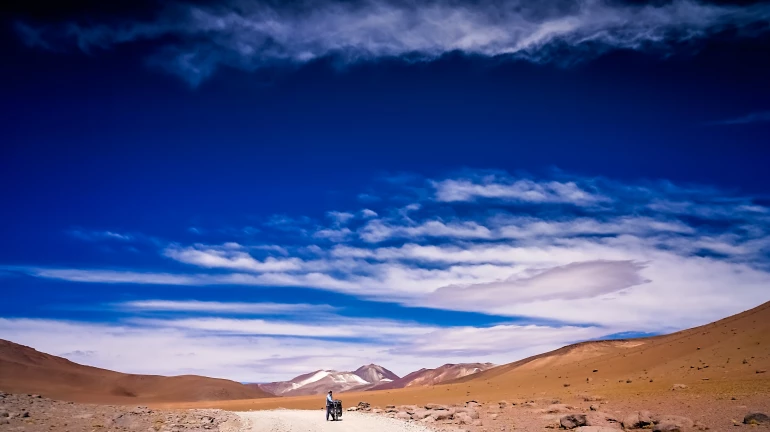
In the light of the ongoing COVID-19 pandemic more than half of the globe is forced into lockdown, hence disrupting our day to day lives. People had to let go of the plans and checklists they had prepared for the year. Travel was the one thing that individuals could turn to when they needed a break from their fast-paced lives. But now, with India becoming the 3rd worst-hit country by this pandemic, the only travel people can do is a quick trip to the grocery store for essentials.
According to Care Ratings, due to the countrywide and international travel bans the Indian tourism industry is projected to book a revenue loss of Rs 1.25 trillion in calendar 2020 as a fall out of the shutdown of hotels and suspension in flight operations after the onset and spread of the Coronavirus pandemic.
Embracing an Alternative Lifestyle
A post-COVID-19 world is going to be governed by new laws and protocols around social-distancing and usage of protective gears. The Centre and State governments have to come up with stricter rules for work and public spaces to mitigate the risk of infection. It is a known fact that this virus is highly communicable, and hence, crowded places will have to be avoided at all costs. Due to this fear, the "new normal" seems to have no truck with something like travel, thus it becomes necessary to find safer alternative options boiling down the probability of a disastrous collapse of the Tourism sector; hence new destinations and means for travelling would emerge.
Ecotourism seems to be the way forward after COVID as it involves not only a minimal effect on nature and wildlife but also limited human contact. Ecotourism and camping could emerge as more promising options for tourists. It not only allows tourists to spend time with nature but also ensures that this time helps people reflect on the idea and the need for building a sustainable future. Camping and off-beat destinations are likely to get more popular because they offer a chance to visit nature in its truest form and pump money back into the local economy by benefiting local residents.
Technological Intervention for Safer Travel
Necessity is the mother of invention. Post COVID-19, this survival streak would use technology to ensure that travel becomes safer. Facial recognition algorithm based CCTV cameras that detect faces that do not have masks on are already functioning abroad. This technology would be made available at airports and other public spaces to ensure safety.
Maharashtra, Uttar Pradesh, West Bengal and Gujarat have become the first few states to use drones to monitor COVID-19 hotspots since it enables monitoring without physical contact. Hence, keeping the regulatory bodyworkers at a safer distance from hotspots.
A Conscious Way Forward
COVID-19 has brought life to an unexpected standstill. It is going to take India a long time to get back on its feet, but the start of this process must be the revival of the economy. A big challenge has befallen places like Ladakh, Kashmir, Goa and many others, where tourism was a major source of revenue. The tourism sector is likely to see a slow recovery from this disaster. However, revival will not be solely the responsibility of the government. Support and cooperation from the citizens is a must during this time. Hereafter, containment of the infection rests largely on the citizens, and their willingness to conform to the rules that would define our “new normal.”
The above article is submitted by Varun Vagish, who is the Founder of Mountain Trekker. The views expressed in this article are that of Varun.





